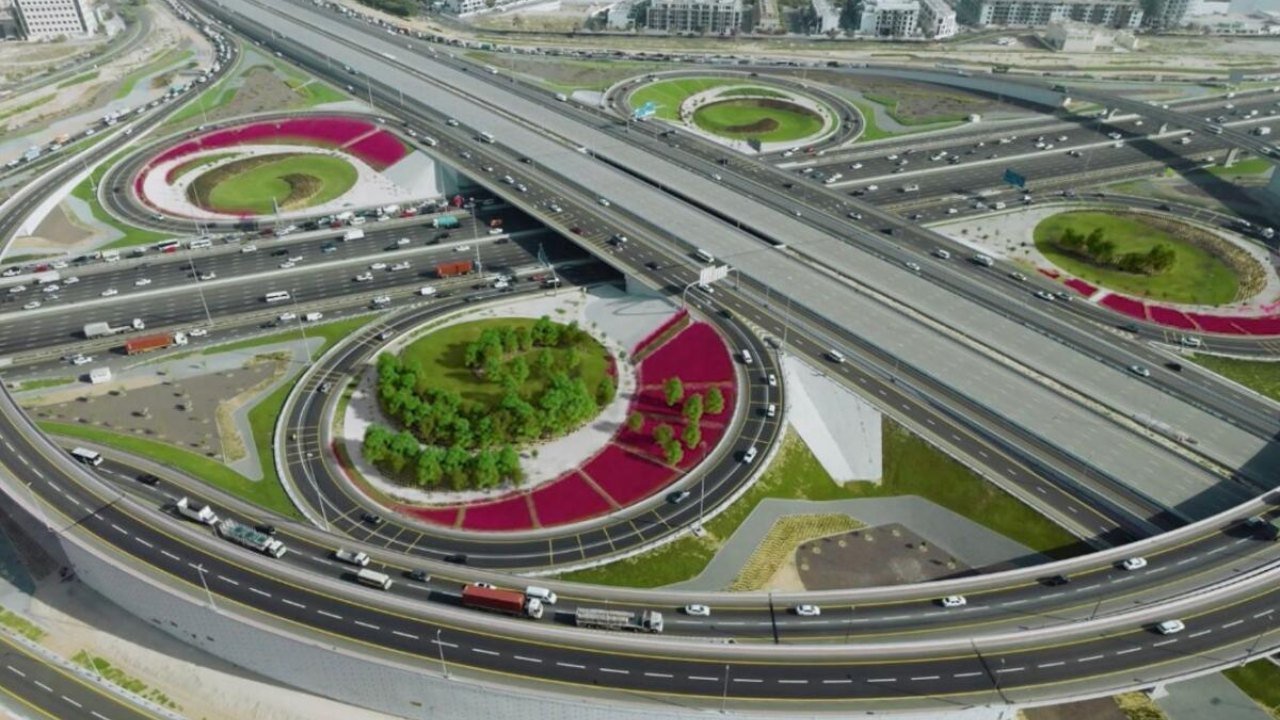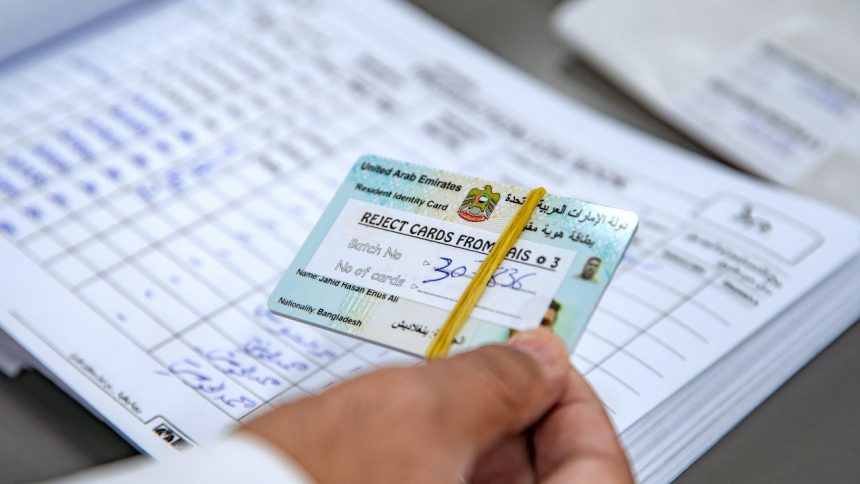UAE Tests Facial Recognition Technology to Modernise ID Process. The United Arab Emirates (UAE) has always stood at the forefront of digital innovation in governance. In a bold move to further digitise public services, the country is now testing facial recognition technology and biometric systems to modernise the way residents and citizens are identified. This technological transformation is a crucial part of the UAE’s nationwide digital-first strategy, aligning with global trends to enhance efficiency and bolster security across various sectors.
- Embracing the Future with Facial Recognition Technology
- Digital Identification Systems to Roll Out Soon
- Biometric Technology in UAE Airports
- Emirates ID Upgrade – A New Generation of Identity Cards
- Benefits of Biometric and Digital Identification in the UAE
- South African Perspective on UAE Digital Transformation
- Conclusion
Embracing the Future with Facial Recognition Technology
The UAE government, under the guidance of its leadership, is pioneering facial recognition systems that could soon eliminate the need for traditional ID cards. According to Abdulrahman Al Owais, the Minister of Health and Prevention and Minister of State for Federal National Council (FNC) Affairs, these biometric systems, including fingerprint and facial identification, are being tested rigorously as part of a larger national digital transformation.
Al Owais shared these developments during the latest session of the Federal National Council, highlighting the vital role of the Federal Authority for Identity, Citizenship, Customs and Port Security (ICP). The ICP is currently leading efforts to modernise identification procedures using artificial intelligence (AI) and biometric technology.
Related Posts





Digital Identification Systems to Roll Out Soon
The UAE’s proposed system could be fully implemented within a year. These digital identification solutions promise to speed up services, enhance personal security, and remove the reliance on physical documentation. This is particularly significant in high-traffic environments such as government offices, healthcare services, and airports.
In February 2021, a groundbreaking trial was approved by the UAE Cabinet, led by Sheikh Mohammed bin Rashid, Prime Minister and Ruler of Dubai. The announcement allowed certain private sector services to start using facial recognition as a substitute for traditional paperwork.
Sheikh Mohammed emphasised that this technology would streamline processes, reduce bureaucratic hurdles, and improve the verification of personal identity.
This move reinforces the UAE’s commitment to enhancing customer service standards while keeping in step with evolving global practices.
Biometric Technology in UAE Airports
The Emirates has already made significant headway in using biometric identification at its airports. In July 2024, Abu Dhabi Airports launched the “biometric smart travel” initiative at Zayed International Airport. This project aims to completely automate passenger registration, allowing passengers to board their flights without physical travel documents.
The new system is being rolled out in collaboration with the Federal Authority for Identity, Citizenship, Customs and Port Security (ICP), using their data systems to authenticate passengers through facial recognition. Notably, the new setup does not require passengers to undergo any prior registration, significantly reducing processing times.
Emirates ID Upgrade – A New Generation of Identity Cards
Beyond facial recognition, the UAE has also modernised its Emirates ID system. In 2021, the government introduced a “new generation” Emirates ID, equipped with advanced features such as:
- Enhanced non-visible data protection
- A laser-printed 3D image showing the cardholder’s date of birth
- A 10-year service life
- Digital ID access via the UAE Pass app
This next-generation identity card serves as a legal requirement for all residents and citizens. It is used to access a wide range of government services, verify identity at smart gates in airports, and even vote in Federal National Council elections.
The Emirates ID includes a unique identification number, essential for linking to health records, legal documents, and smart city initiatives.
Benefits of Biometric and Digital Identification in the UAE
The benefits of these digital ID advancements are extensive. By moving away from paper-based systems, the UAE aims to:
- Improve data security through encrypted biometric markers
- Reduce fraud by eliminating physical ID duplication
- Speed up public and private sector services
- Enhance international travel experiences through seamless immigration and airport procedures
- Support AI-driven governance and smart city projects
These initiatives reflect the UAE’s ambition to create a smart, efficient, and secure digital society.
South African Perspective on UAE Digital Transformation
From a South African viewpoint, the UAE’s efforts represent a model for countries looking to modernise their identity verification systems. South Africa could draw valuable lessons from this, especially in addressing issues like document fraud, service delays, and security vulnerabilities. Implementing similar biometric solutions could transform access to social services, voting processes, and national healthcare systems.
Furthermore, integrating facial recognition technology into transport, banking, and e-government portals would significantly reduce service bottlenecks and elevate public trust in digital governance.
Conclusion
The UAE is setting a new standard in biometric and facial recognition technology, driving the future of digital identity verification. From airport automation to AI-based ID systems, the nation is not only enhancing convenience and efficiency but also reinforcing its commitment to national security and innovation.




